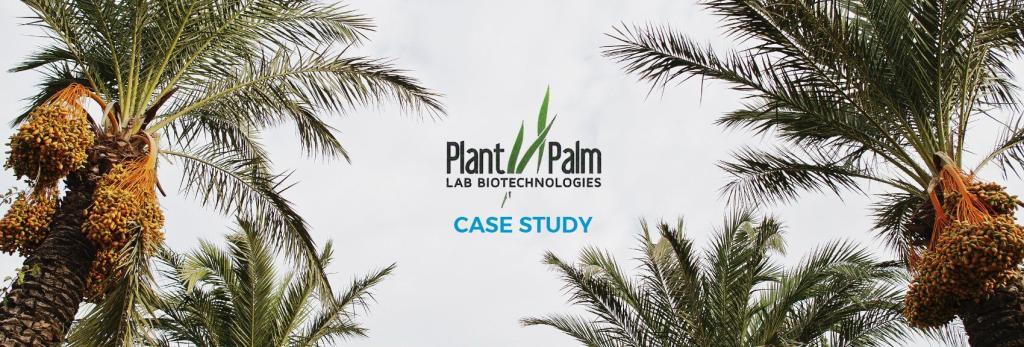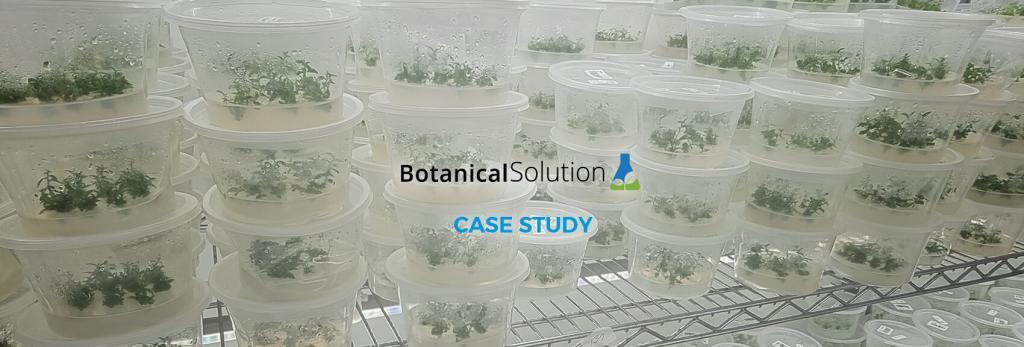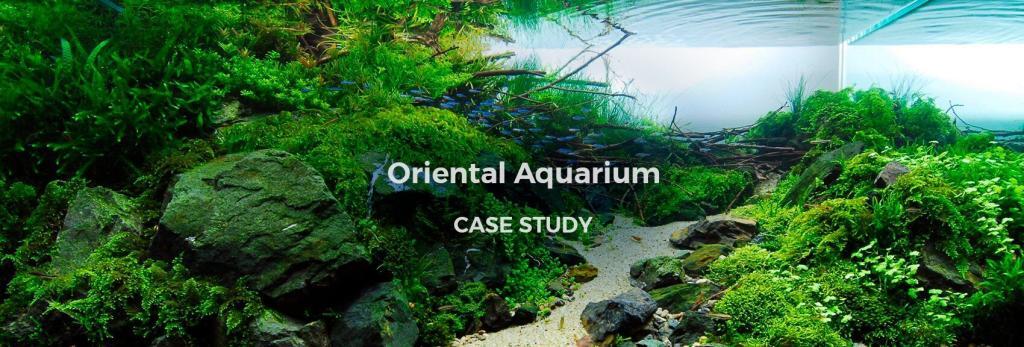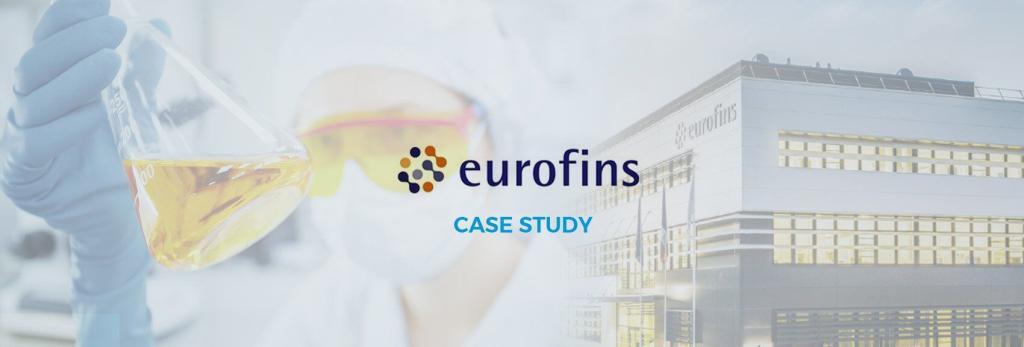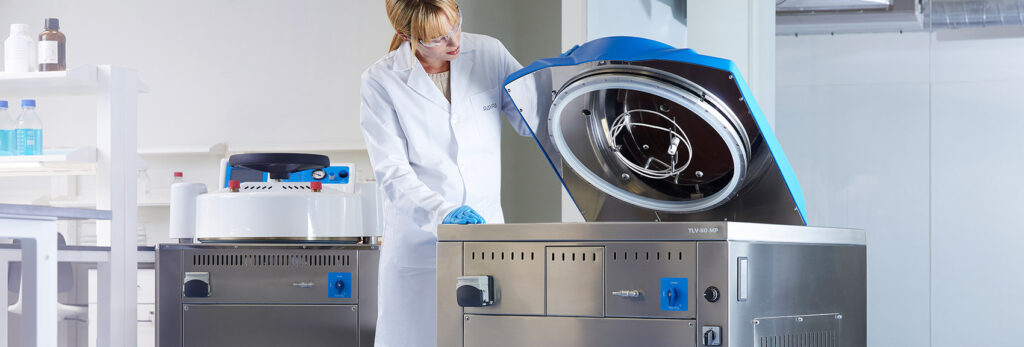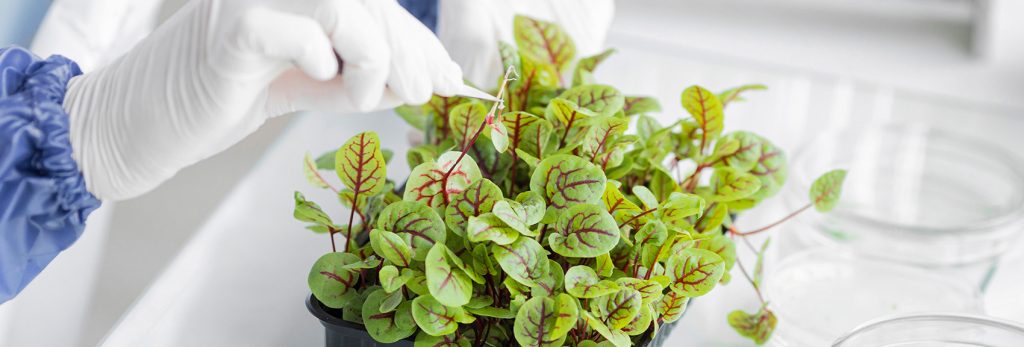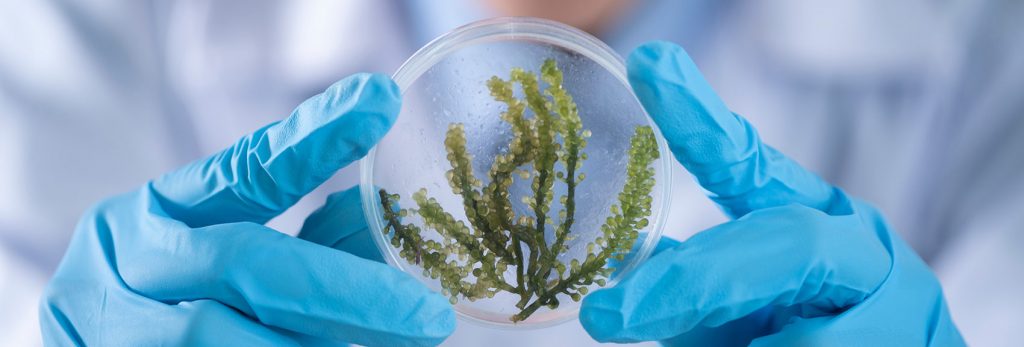We interviewed Dr. Carlos G. Borroto, Owner of VBS Biotec
At RAYPA, we believe that no one is better suited than our customers to explain the advantages of using our media preparators in plant micropropagation laboratories.
This is why, on this occasion, we had the opportunity to speak with Dr. Carlos G. Borroto, Owner of VBS Biotec, one of Mexico’s leading companies in plant micropropagation. A professional with over 45 years of experience in agricultural biotechnology and plant micropropagation.
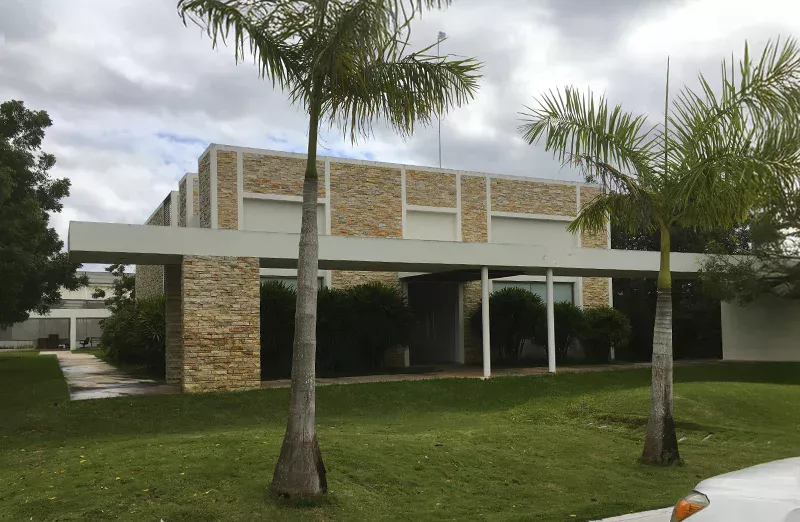
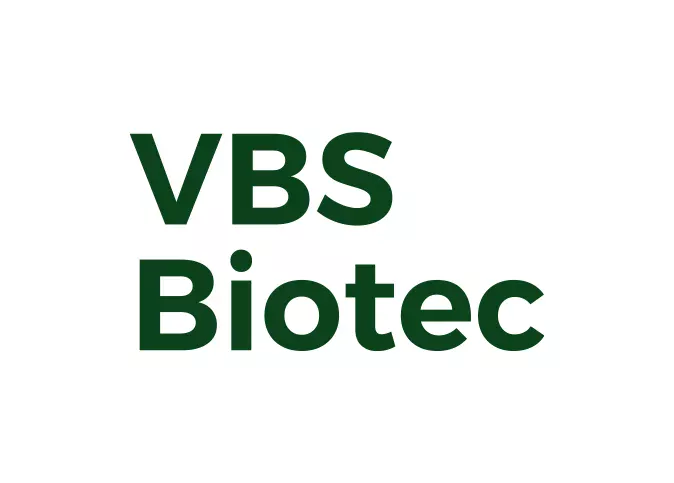
VBS Biotec is a Mexican company specializing in agricultural biotechnology. Founded and led by Dr. Carlos G. Borroto, the company operates as a commercial biofactory dedicated to the in vitro micropropagation of agricultural and ornamental plants.
Its mission focuses on the production of elite, disease-free, and genetically superior plants using advanced techniques and automated processes.
The company stands out for its innovation, competitiveness, and commitment to sustainability, working closely with farmers and scientific institutions to meet the needs of the agricultural sector and contribute to sustainable rural development.
Dr. Carlos G. Borroto is a highly regarded plant biotechnology expert with a long international career. Originally from Cuba and based in Mexico since 2014, he holds a degree in Agronomy from the Central University of Cuba and a PhD in Science from the Hungarian Academy of Sciences.
In Cuba, he led the national agricultural biotechnology program for over 15 years, spearheading the creation of 16 biofactories. He also served as an FAO consultant for more than a decade, coordinating global biotechnology initiatives.
Since 2021, he has led VBS Biotec, applying his scientific expertise to the production environment. His career has been devoted to cloning elite plant genotypes to improve crop quality, with a strong focus on technology transfer, innovation, and real-world agricultural impact.
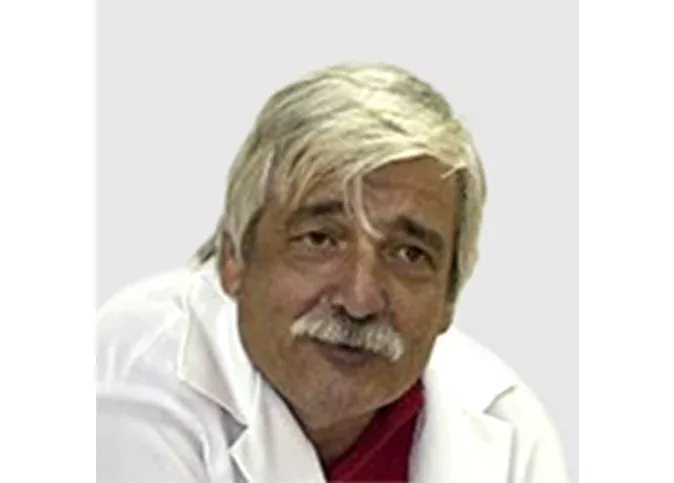
-
Dr. Borroto, thank you for joining us today. To begin, could you share what motivated you to start VBS Biotec in Mexico?
As I was approaching the end of my professional career—which had always been centered around research and development, particularly in biotechnology—I felt the need to apply all that knowledge to a new production-oriented project.
I started working in micropropagation, then moved into fermentation and bioproducts. But my main focus, even after completing my doctorate, has always been how to produce elite plants and multiply them to generate a positive impact on agriculture through improved genetics and quality plant material. That’s precisely what we do at VBS Biotec.
We don’t do any genetic modification here. What we do is clonal propagation of elite genotypes. One of our key strengths lies in the high level of automation throughout our process. We work with temporary immersion bioreactors, which allow us to produce large quantities of plants without needing a large team, as many processes—even ex vitro fertilization—are automated.
-
What types of plant tissue culture products do you work with at VBS Biotec?
Our main focus is the propagation of agriculturally important plants. We’ve worked with crops like banana, agave, and, most notably, sugarcane. More recently, we’ve also started working with ornamental plants.
Ornamental micropropagation is a highly relevant area, as these plants tend to have a higher added value. In fact, at a global level, ornamentals are the most widely micropropagated plant category. That’s why, at VBS Biotec, we decided to address both segments: agricultural and ornamental.
In the agricultural field, our impact can be quite significant, especially when introducing new varieties. We collaborate with companies and scientific institutions that are interested in evaluating foreign genotypes. We handle the importation of the in vitro material, perform the multiplication, and then deliver the plants for testing. Once they select the most promising genotypes, they request commercial-scale propagation. That’s our working model.
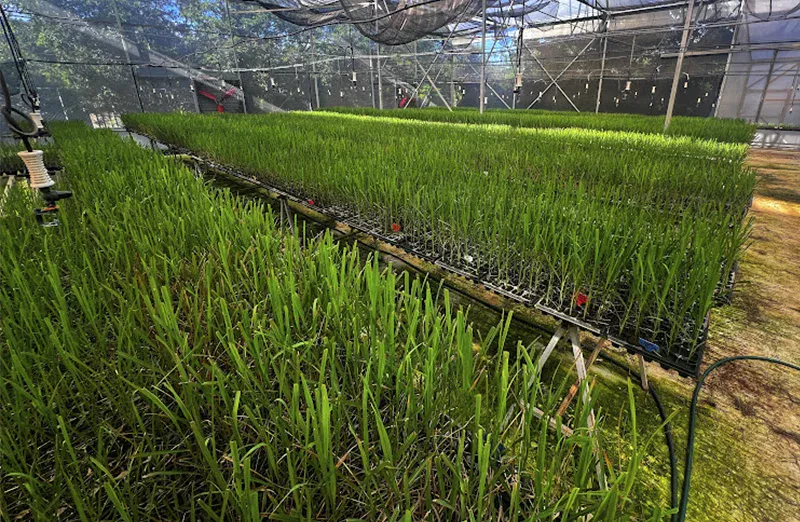
As for ornamentals, it’s a more recent line of work, but we already have over 30 innovative species. This region, especially with all the real estate development happening in the Yucatán Peninsula and the Riviera Maya, is generating a growing demand. We also ship both ornamental and agricultural plants to other states across the country.
-
From your perspective, what are the biggest challenges facing agricultural biotechnology in Mexico today?
In our country, there is a very solid academic foundation when it comes to agricultural biotechnology. A tremendous amount of knowledge is generated by universities and research centers. However, one of the biggest challenges is that much of that scientific advancement is not being applied on a large scale in the agricultural sector, nor is it generating the economic impact it could.
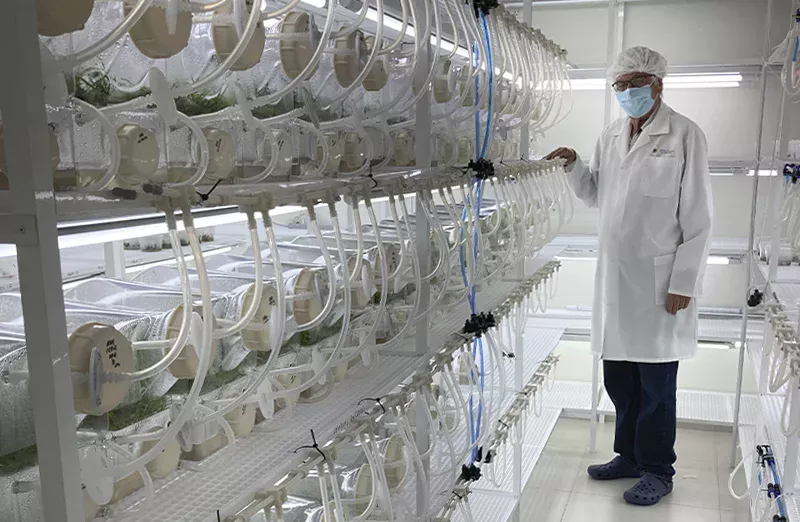
The real challenge lies in getting that knowledge out of the labs and into the field, turning it into tangible benefits for agricultural production. Both public and private institutions are actively working on how to better leverage this scientific capital—both domestic and international—to generate meaningful impact. In my view, the core challenge is precisely that: transforming science into real economic development—what we refer to as the knowledge economy.
-
What role does the AE-MP media preparator from RAYPA play in your daily operations?
Acquiring the AE-MP media preparator from RAYPA marked a turning point for us. It was truly a milestone. Since our processes are highly automated, one of our main bottlenecks was the ability to prepare enough culture media to support the entire production system.
Before, we prepared media the traditional way, like in a research lab: small containers, manual preparation… We were barely managing to produce around 30 liters a day, and that required a lot of effort. But our minimum daily need is at least 50 liters, and during peak production periods, we may require up to 100 liters.
“When we need to scale up media production for micropropagation, the media preparator becomes essential.”
Dr. Carlos G. Borroto, Owner of VBS Biotec
With the AE-MP, we can prepare 50 liters in a single batch. Depending on demand, we do one or two batches per day. Previously, each manual batch was about 8 liters, and then we had to autoclave it for sterilization. Now, the preparator handles both preparation and sterilization in one integrated process—faster and more uniform.
This has greatly simplified our workflow and allowed us to scale up production without increasing our staff. We still use manual preparation only when developing new formulas on a small scale. But once a formula is validated, we move directly to large-scale production with the media preparator. For us, it’s an essential tool.
-
What type of media do you prepare with this equipment?
We mainly use the media preparator to prepare plant tissue culture media. These are complex formulations that require the addition of macronutrients, micronutrients, vitamins, hormones, sugar, and, in the case of semi-solid media, also agar.
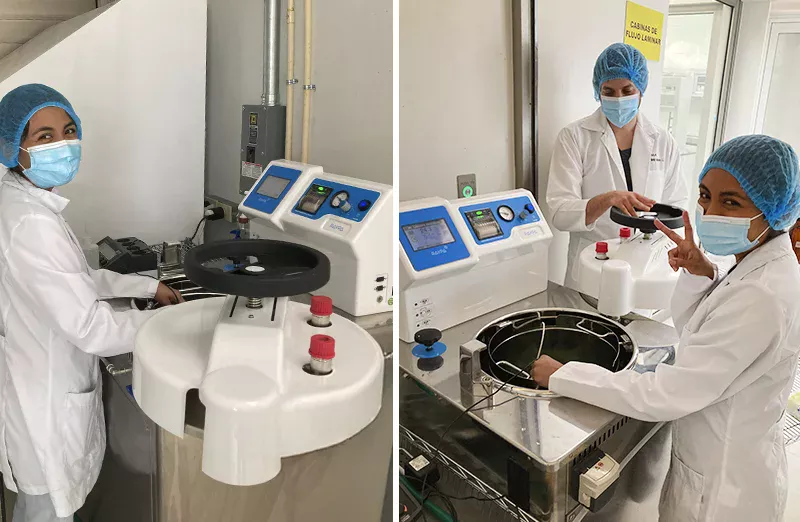
Each plant species we work with has its own specific formula. We start with a general base, then make adjustments based on the particular needs of each crop. We always maintain an active R&D phase where we experiment and optimize formulations. Once we find the right composition, we turn it into a standardized operating procedure.
From that point on, when we reach the scale-up stage, media production is done entirely with the media preparator. It’s the key step to ensure volume, consistency, and efficiency.
-
How has your experience been with RAYPA’s technical support and customer service?
One of the things I would highlight—besides how satisfied I am with the media preparator—is the level of support we’ve received. For me, Marc Pérez (RAYPA’s Area Manager for LATAM) was extremely helpful in guiding us through the selection process: identifying the right model, the necessary features and accessories, and all the key details for proper installation.
Thanks to that guidance, by the time the equipment arrived, we already had everything ready. The installation was completed in a single day because everything had been prepared in advance. The training session we received during commissioning was also extremely valuable.
Since then, every time we’ve needed assistance, communication with RAYPA has been quick and smooth. I’m very satisfied and grateful. I believe that level of support is very important.
- Thank you so much, Dr. Borroto, for sharing your experience with us!

